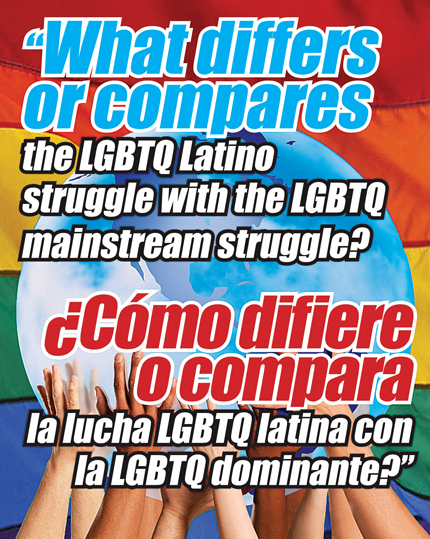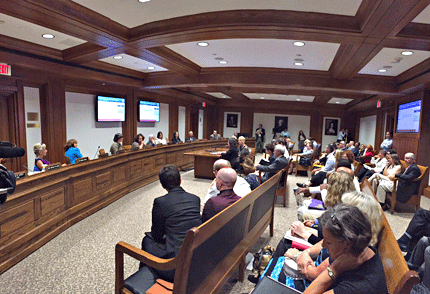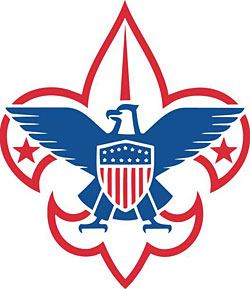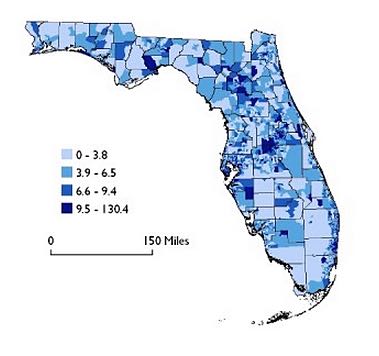LGBTQ Latino and allied community members and leaders were asked to answer the questions above –see graphic by Prizm Designs — (in their language of preference). Their responses show that there is important work that is not reaching the Latino LGBT people and other queer people of color.
“The Latin@ LGBT movement has many similarities but different immediate needs from the mainstream LGBT movement. As a Latin@ LGBT community, we have prioritized comprehensive immigration reform, marriage equality, and reconciling our LGBT identities with our families and faith, while the mainstream movement’s only priority is marriage equality.”
– Jorge Cestou, Chair of Unid@s: The National Latino/a LGBT Human Rights Organization
“Our struggle is multi-fold. We not only struggle to get representation as Queer People, but we also struggle to have our voices heard because we are of Latin descent. As people of color, our ancestry is seen before our sexual identity. Our traditional ways make family and cultural acceptance difficult to achieve as well. Furthermore, our people are currently fighting the immigration battle. Mistrust and fear of the government can cause hesitation for Queer Latinos when deciding if they will fight for their rights as queers.”
– Patricia Arevalo, Co-Chair, Latin@ Pride 2012
“Latino LGBT Pride Celebration began because we wanted to celebrate the diversity found among the Latino and LGBT community during Latino Heritage Month; it is a community that should be recognized for the richness that it brings to the Latino and LGBT communities. Latino LGBT Pride is different because it celebrates the diversity by planning a varied calendar of events across our city and state. Congratulations to the volunteers who organized the celebration, the oldest and longest running Latino Pride celebration in our Nation! ¡Felicidades y Feliz Mes del Orgullo Latino LGBT! ¡Es un logro de que estemos celebrando la lucha por una igualdad justa y con equidad!
– Wilfred W. Labiosa, Board Member of Boston pride, Community Activist & Psychologist
“The struggles may be similar in that both communities are members of marginalized groups. However, Latino/Hispanic LGBT people historically still face many added extra ’isms related to race, language and ethnicity that the mainstream LGBT community does have to deal with each day. Furthermore, the family adhesion, the cultural stigma and religious demands brought on by thousands of years of naivety still place the Latino/Hispanic LGBT community at higher risk for murders, suicides, bullying, discrimination, and more. Transgender women of color, for instance, are being murdered at higher rates than their mainstream counterparts. Coming out for a Latino/Hispanic LGBT person while trying to break the parental barrier of love vs. religion could leave you disowned—even dead. Being gay is still considered to be a mortal sin by certain religions, family institutions, and the Hispanic culture. Some have even gone on to say that ‘it is better to be a murderer than to be gay.’”
– Graysen Martínez Ocasio, Publisher, The Rainbow Times
“The main difference is the additional layer of discrimination faced by Hispanic/Latino LGBT individuals because of their race and/or language barriers. The result is not just ostracism within the greater community, but also within the LGBT community. Unfortunately, the Latino LGBT community doesn’t have the same level of access to resources, such as community groups, social services, etc. as the “mainstream” LGBT community and as a result, their struggle is inherently different and more challenging. Also, individuals involved in the Latino LGBT struggle face particular cultural biases and stereotypes unique to the Latino community. Those involved in the mainstream LGBT struggle must always be mindful not to unintentionally or implicitly exclude portions of the LGBT community, such as Latino LGBT individuals. That being said, the goal of all who struggle for LGBT equality in all communities is essentially the same and we must continue to build bridges across our differences in order to achieve our common goal.”
– Bernadette Stark, Esq., Owner/Partner, Dinsmore Stark, Attorneys At Law
“I am not Latino but I am very close with the Latino community through my association with LHI, NAGLY, and even some of my very close friends. I’ve seen the struggle over and over again, especially where I see families torn and battered, as they try to come to grips with a child who has a different sexual orientation. Some Latino families are very strict with their kids who identify as GLBTQ, they are not as supportive as their white counterpart. A lot of people think LGBT issues are one thing, and Latino issues are another, but for many people, you cannot separate them. For instance, lower-income people have difficulty accessing health care. Language can be a barrier. Distance from health care facilities is a barrier. Gay patients have an additionally difficult time communicating with providers. Immigrants face discrimination. Gay Latinos face discrimination from family, from friends, from church. There is the social pressure of machismo. All of those pressures add up. I think cultural background has influenced a lot of this struggle. I am Filipino and our culture is very similar to the Latino culture and this question really hits big time for me because I, too, experienced the same way as some of my friends do.
– Coco Alinsug, Executive Director, NAGLY
“La lucha LGBTQ en la comunidad latina se fortalece por sus enlaces con otras organizaciones latinas a través de los Estados Unidos y Latinoamérica.”
– Natalia E. Muñoz, Editor, La Prensa of Western MA








